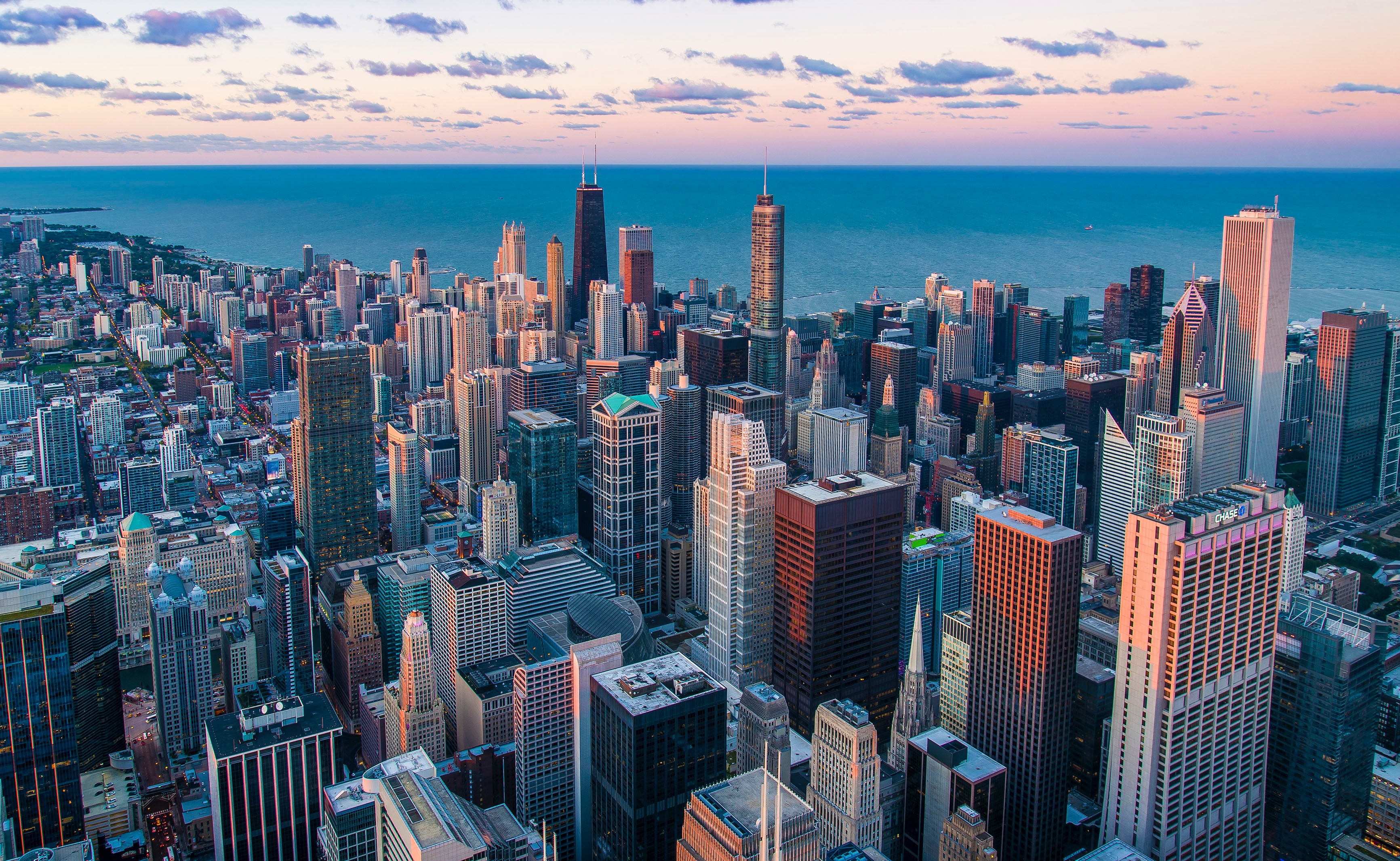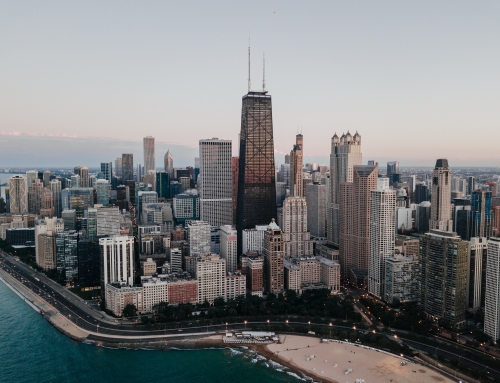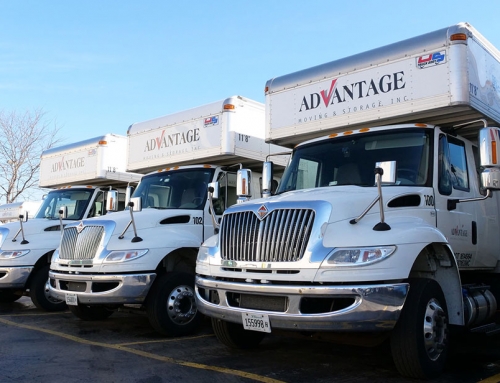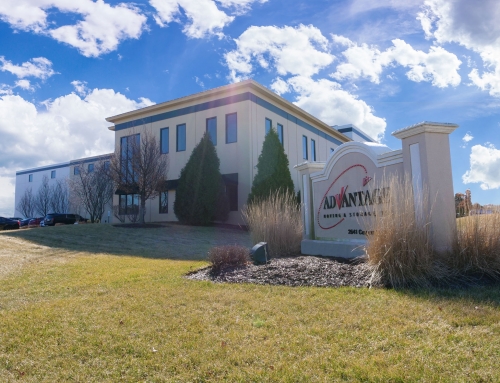Chicago is home to plenty of things: Da Bears, deep dish pizza, Millennium Park, tall skyscrapers, etc. If you’re looking to add your business to that list, there is plenty to know! Plenty of businesses, both big and small, call Chicago home. If you’re planning to do the same, this post will help guide you through some of the process.
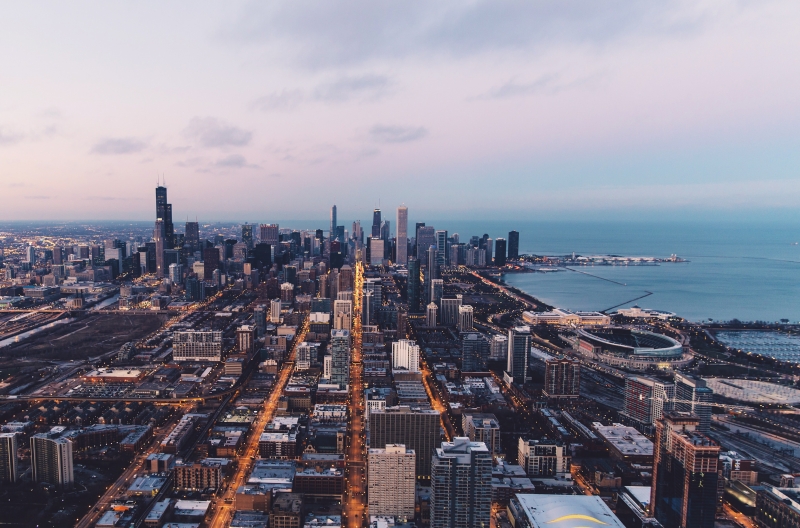
Overview:
- Chicago is the most populous city in Illinois and the third most populous city in the entire county
- Chicago is located in northeastern Illinois on the southwestern shores of Lake Michigan. It is the principal city in the Chicago metropolitan area, situated in the Midwestern United States and the Great Lakes region. Chicago rests on a continental divide at the site of the Chicago Portage, connecting the Mississippi River and the Great Lakes watersheds
- Major sections of the city include the central business district, called The Loop, and the North, the South, and West Sides. The three sides of the city are represented on the Flag of Chicago by three horizontal white stripes. The North Side is the most densely populated residential section of the city, and many high-rises are located on this side of the city along the lakefront. The South Side is the largest section of the city, encompassing roughly 60% of the city’s land area. The South Side contains most of the facilities of the Port of Chicago
- As of the 2010 census, there were 2,695,598 people with 1,045,560 households living in Chicago. More than half the population of the state of Illinois lives in the Chicago metropolitan area
Economics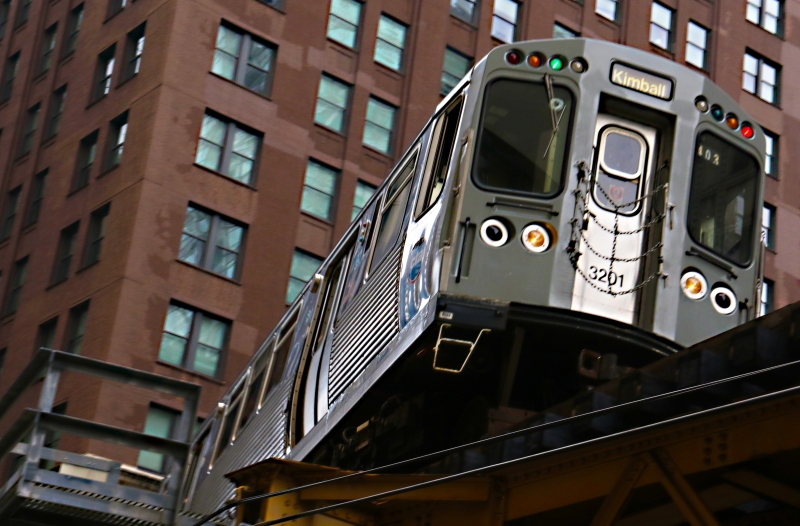
- Chicago has the third-largest gross metropolitan product in the United States—about $670.5 billion according to September 2017 estimates. The city has also been rated as having the most balanced economy in the United States, due to its high level of diversification. In 2007, Chicago was named the fourth-most important business center in the world in the MasterCard Worldwide Centers of Commerce Index. Additionally, the Chicago metropolitan area recorded the greatest number of new or expanded corporate facilities in the United States for calendar year 2014. The Chicago metropolitan area has the third-largest science and engineering work force of any metropolitan area in the nation
- Chicago is a major world financial center, with the second-largest central business district in the United States. The city is the seat of the Federal Reserve Bank of Chicago, the Bank’s Seventh District. The city has major financial and futures exchanges, including the Chicago Stock Exchange, the Chicago Board Options Exchange (CBOE), and the Chicago Mercantile Exchange (the “Merc”), which is owned, along with the Chicago Board of Trade (CBOT) by Chicago’s CME Group. In 2017, Chicago exchanges traded 4.7 billion derivatives with a face value of over one quadrillion dollars
- The city and its surrounding metropolitan area contain the third-largest labor pool in the United States with about 4.63 million workers. Illinois is home to 66 Fortune 1000 companies, including those in Chicago. The city of Chicago also hosts 12 Fortune Global 500 companies and 17 Financial Times 500 companies
- Manufacturing, printing, publishing and food processing also play major roles in the city’s economy. Several medical products and services companies are headquartered in the Chicago area, including Baxter International, Boeing, Abbott Laboratories, and the Healthcare division of General Electric. In addition to Boeing, which located its headquarters in Chicago in 2001, and United Airlines in 2011, GE Transportation moved its offices to the city in 2013 and GE Healthcare moved its HQ to the city in 2016, as did ThyssenKrupp North America, and agriculture giant Archer Daniels Midland
- Prominent food companies based in Chicago include the world headquarters of Kraft Heinz, Mondelez International, Ferrara Candy Company, McDonald’s, Quaker Oats and ConAgra
Business Essentials
The city’s official website provides prospective business owners in Chicago with a thorough guide to getting the process underway. The whole, helpful list can be found here, but we’ve placed some of the highlights below…
Before you establish a business, please consult with a Corporate/Business Law Attorney or Certified Public Accountant (CPA), who specializes in your industry, for advice about what type of business entity will meet your business needs and what your legal obligations will be. The type of business entity you choose will depend on three primary factors: liability, taxation and record-keeping. Additional information may also be obtained from the U.S. Small Business Administration (SBA) or SCORE Chicago.
Once you have consulted with a licensed business formation professional, and determined the most appropriate business entity for your needs, then you, or your licensed representative, must register your business entity with the proper government agency:
- Sole Proprietors and General Partnerships, operating under an assumed name, must register with the Cook County Clerk’s Office
- All other business entity types (i.e. Limited Partnership (LP), Limited Liability Partnership (LLP), Limited Liability Corporation (LLC), Corporation, or Not-for-Profit Corporation (NFP)) must register with the Illinois Secretary of State
- Accordingly, you, or your licensed representative, must also register for your business taxes with the U.S. Internal Revenue Service (IRS) and Illinois Department of Revenue (IDOR).
Business Education Workshops
BACP offers free Business Education WBusiness Education Workshops every Wednesday and Friday. The classes are open to the public and hosted at City Hall, 121 N. LaSalle St., in Room 805 and 1103. Class topics focus on start-up operations, financing, marketing, social media and more. Classes are taught by industry professionals, not for profit agencies, and city employees.
The Business Start-up Certificate Program
The Business Start-Up Certificate Program is free to all and designed to expose the entrepreneur and veteran business owner to the essential elements of a successful business at any phase of their business idea. If you are thinking about starting a business, if you want to license your business, or if your focus is expanding your business; enroll in the Business Start-Up Certificate Program!
Every business license, location expansion and change of location application needs to be reviewed and approved by Zoning before a business license application can be processed.
The City of Chicago is divided into distinct zoning districts that reflect the diversity of business and neighborhood uses. Each zoning district has different regulations about the types of business activities that are permitted.
During a zoning review, we look at the following:
- Proper classification of business activity
- If the business activity(s) is allowed in a specific district
- Compliance with parking, landscape, and building requirements
- Verification of valid driveway permit
It is very important that you check the zoning requirements of your proposed business location carefully. It is critical that you
- DO NOT enter into any financial commitments (i.e. sign a lease) unless you are certain that you are in the proper zoning district that allows the proposed business activity
- DO NOT assume the previous owner’s zoning designation applies
Why is a building permit required?
A building permit is required for new building construction, renovations, the installation of heating and cooling systems, or any plumbing or electrical work. If construction is necessary, you need to apply for building permits through Department of Buildings. A building permit is needed to make sure that the project you are constructing meets the minimum criteria of the Chicago Building Code. The Chicago Building Code exists to safeguard the public health, safety and welfare.

If you’d like to make Chicago the home of your business, you know what to do. Contact the professionally trained staff at Advantage here to get the process started!

